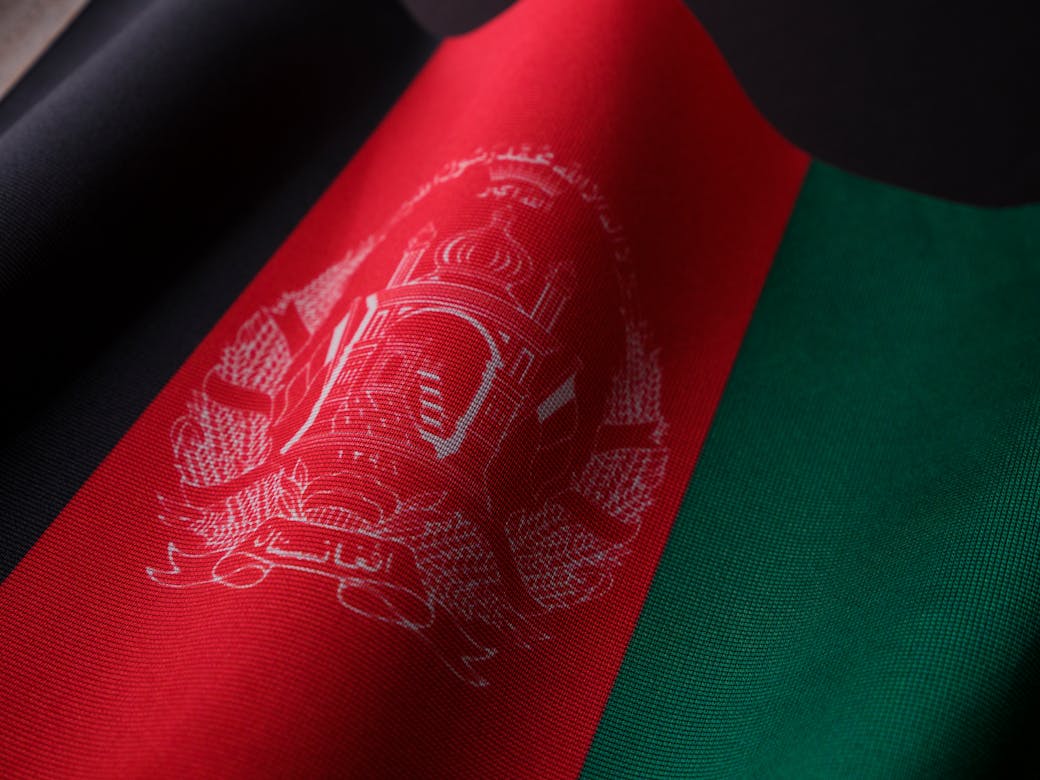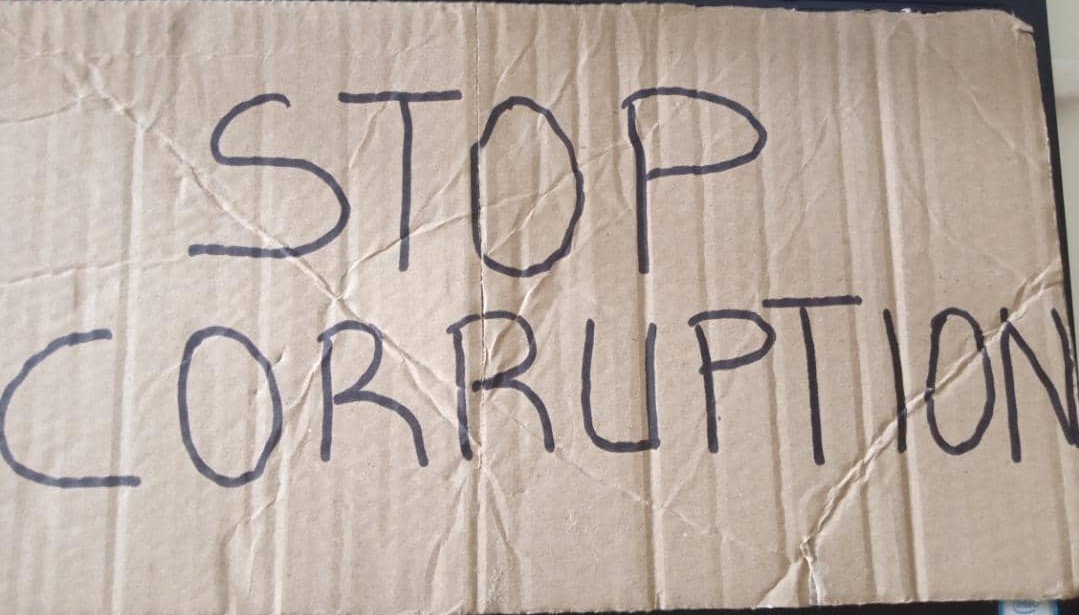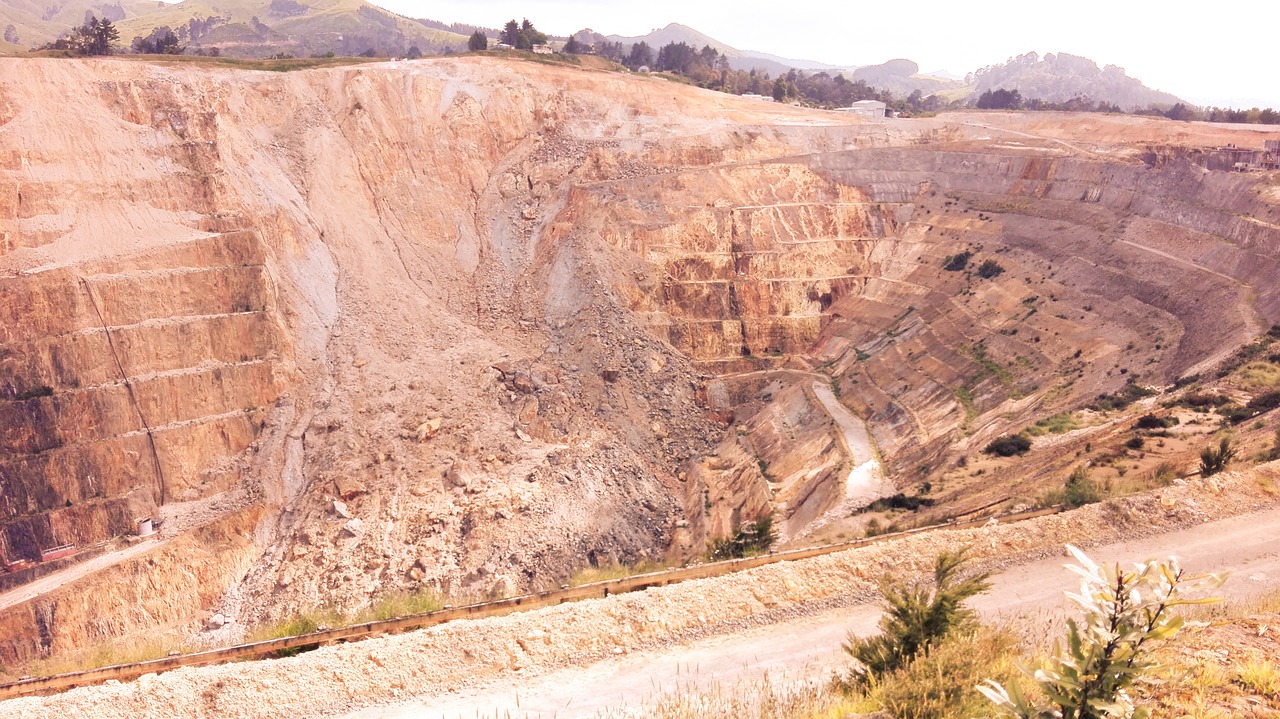On Friday 11 March, Mary Lawlor, the Special Rapporteur on human rights defenders, presented a report to States at the Human Rights Council, focusing on the situation of anti-corruption HRDs around the world. She noted that journalists and women human rights defenders working to fight corruption are most at risk.
Lawlor further highlighted the seriousness of online threats and attacks against HRDs. “States have to take digital threats just as seriously. Very often it starts with online threats. There needs to be proper attention paid to companies that are allowing these kinds of threats on their platform,” she reported. She also drew the attention of the Council to the use of spyware for the surveillance of HRDs working on anti-corruption.
Among Lawlor’s recommendations, she highlighted the importance of an enabling environment and legislative frameworks to support the work of HRDs.
“This must include a review and reform of the legislative frameworks that protect their rights, such as those relating to freedom of assembly, association, expression, access to information and public participation, as well as laws that restrict their rights, such as counter-terrorism or national security laws,” stressed Tess McEvoy, ISHR programme director and legal counsel. “These are particularly relevant as measures taken in the context of COVID-19 have exacerbated the proliferation of laws restricting and criminalising the rights of defenders’ and their work,” she added.
In a submission to the Special Rapporteur on this topic, Adélaïde Etong, ISHR’s Africa advocacy programme manager, identified specific areas that partners in Guinea, Mauritius and the Republic of Congo are focusing on.
“In Mauritius, guaranteeing freedom of information and transparency will give anti-corruption defenders the means to uncover corrupt practices without having to resort to dangerous ways to carry out their work,” she said.
“In the Republic of Congo, defenders identified the need to popularise existing national laws against corruption. These laws include prospects for participation, independence and guarantee freedom of those engaged in fighting corruption. It is also instrumental for the judicial systems to be independent and depoliticised for accountability and punishment of perpetrators and accomplices of corruption,” Etong added.
“In Guinea, the government must guarantee defenders effective access to public information and the strict application of the provisions of the anti-corruption law relating to the protection of whistleblowers, witnesses, experts and victims of corruption or related offences,” she concluded.
The Council will also consider a draft resolution on human rights defenders working in conflict and post-conflict settings at its current session. “We call on all States to adopt a resolution that reflects the gravity and the reality of the situation that defenders are facing in Ukraine, Myanmar, Afghanistan, Yemen, and Palestine, among other urgent contexts. This includes listening to the calls of such defenders to ensure accountability for gross and systematic human rights violations, based on principles of non-selectivity,” said Pooja Patel, programme director at ISHR.




